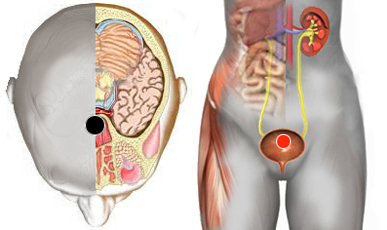Aneurysm
Generalities:
An aneurysm is a bulge at a weak point in an artery wall. The walls of an aneurysm may be thin enough for it to rupture, in which case blood leaks into surrounding tissues. Aneurysms usually don't cause symptoms until they are large enough to press on nearby organs.
Aneurysms can be congenital or acquired, the latter are related to atherosclerosis or infectious and inflammatory diseases and they present mainly in two ways, so they are classified as:
- Fusiform, when they have an elongated growth. This type affects evenly throughout the artery.
- Saccular, when the growth is to the sides.
The aneurysm, when it occurs in the brain, can cause various disorders such as dizziness, loss of consciousness or memory; in case of rupture it causes a brain stroke , affecting the functions of the brain. Medical studies can determine if surgery is necessary to correct the disorder (ask bioenergetics)
Risk factors:
Arteriosclerosis (the main one), H/TA, smoking, obesity, diabetes. The presence of Streptococcus A favors atherosclerosis and therefore can also affect the aneurysm. Featured pairs can help correct this disorder. Treat with bioenergetics.
Pairs
prepineal - bladder
carotid sinus - carotid sinus
pancreas ligament - spleen
Willis´ plygone - Willis´ plygone
